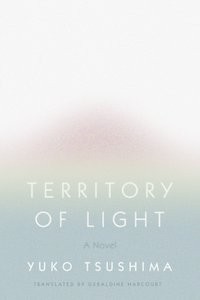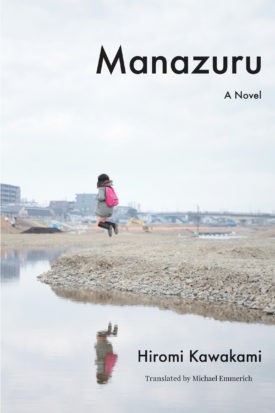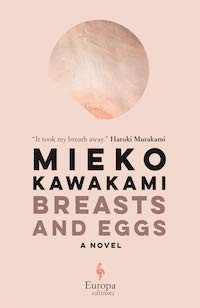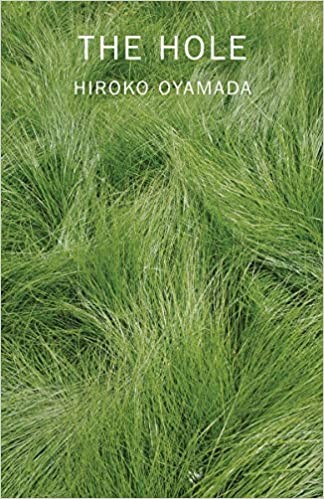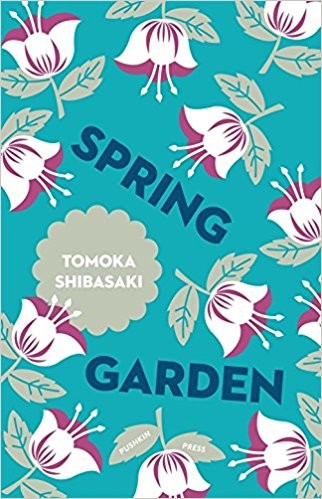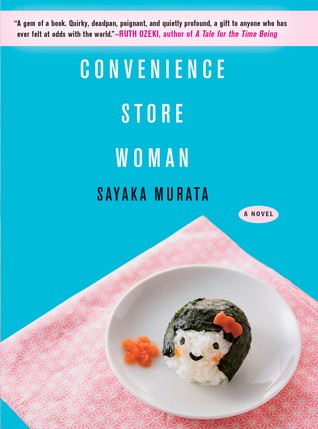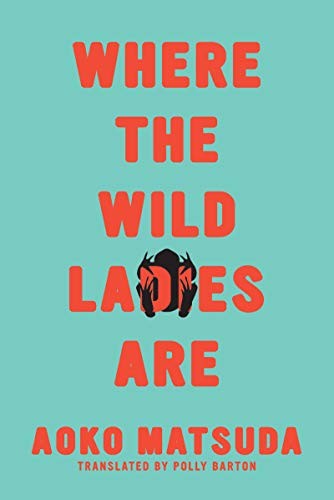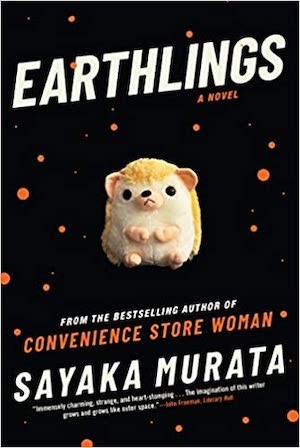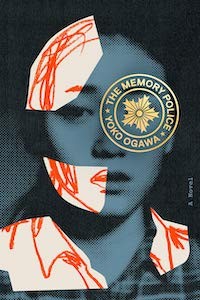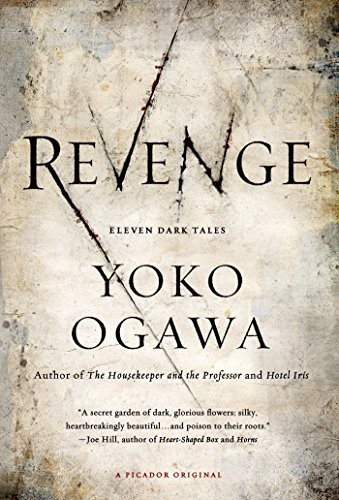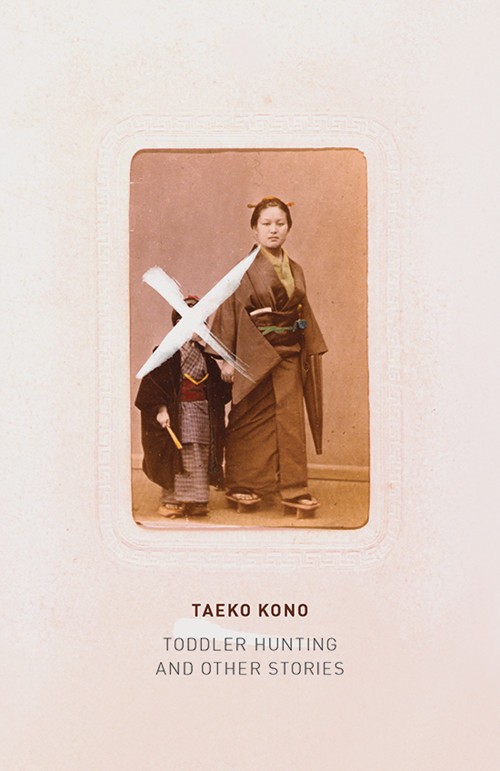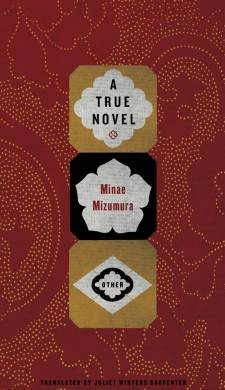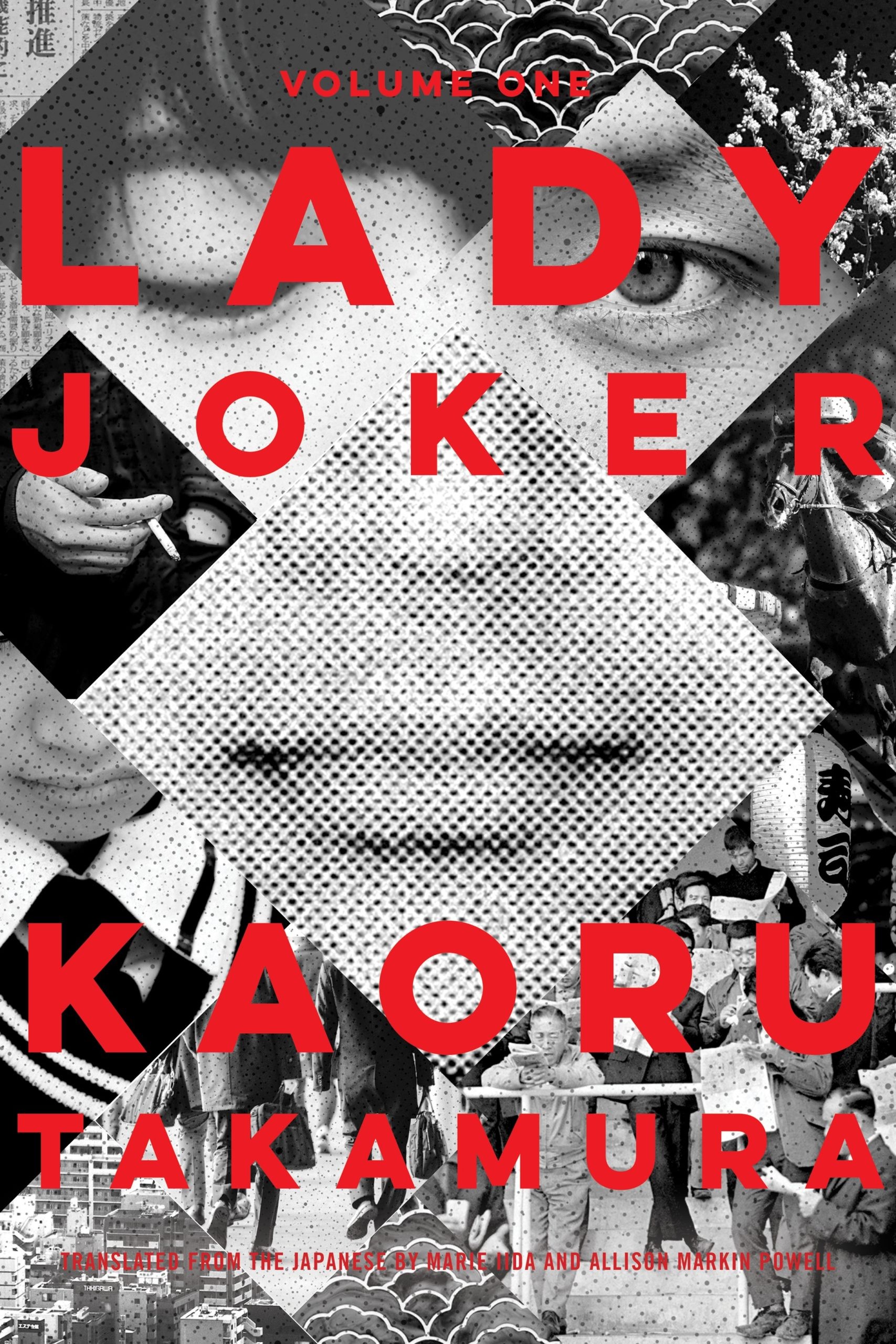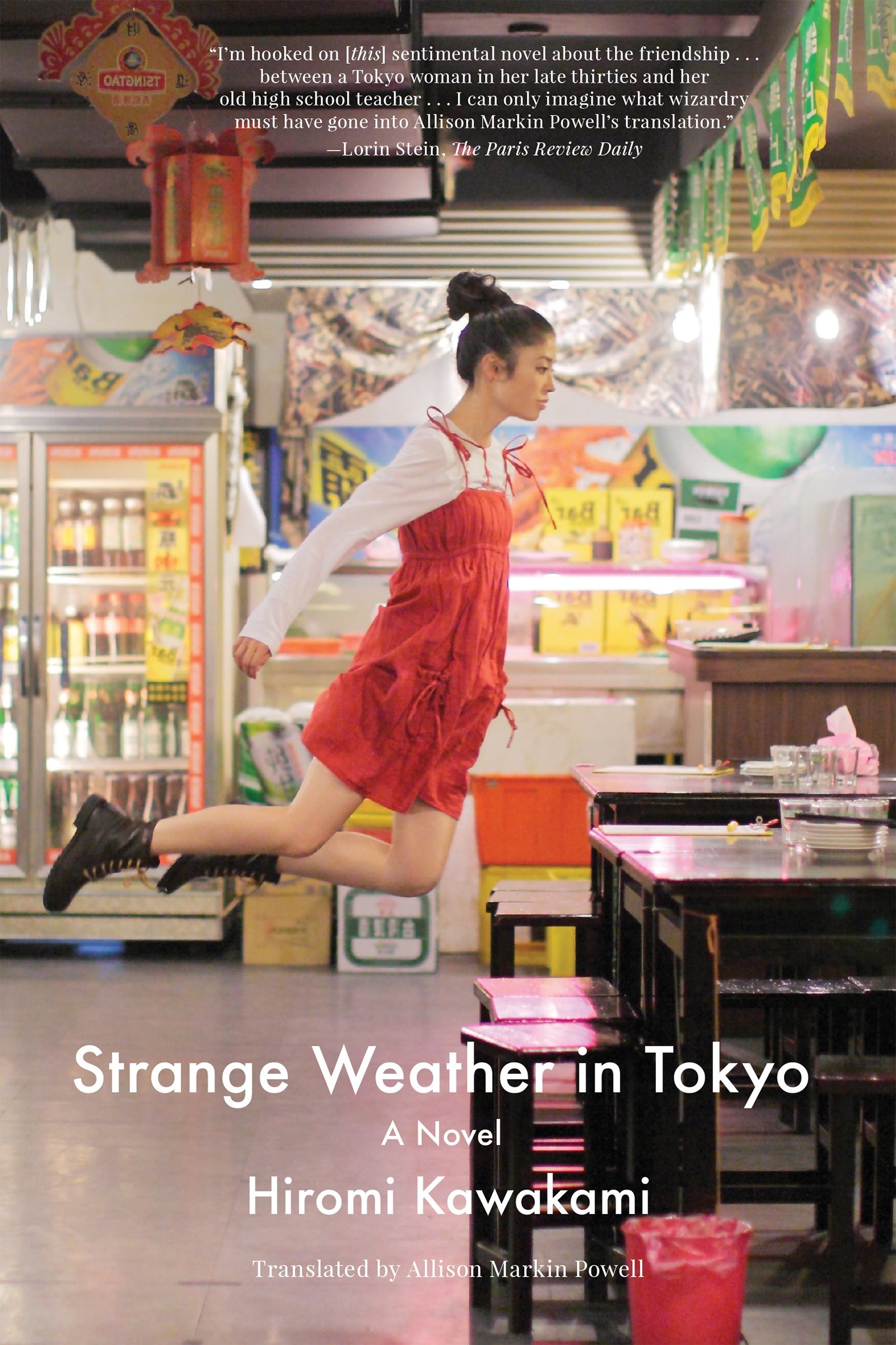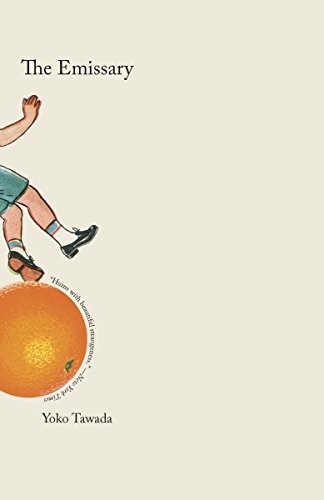As a long-time enthusiast of Japanese literature, I’ve made it a point each August to discover more translated works by women authors for Women in Translation Month. Over the years, Hiromi Kawakami, Yuko Tsushima, Yoko Ogawa, and numerous others have become staples on my reading list. This time around, I’m excited to share 20 must-read Japanese books by female writers that have left a lasting impression on me.
Territory of Light by Yuko Tsushima, Translated by Geraldine Harcourt
In the poignant Territory of Light, a woman embarks on a new chapter in her life alongside her young daughter, after being left by her husband. The Tokyo apartment that was once filled with light has become a symbol of her struggles with depression and darkness. As she navigates this unfamiliar reality, she begins to confront her circumstances and envision a future. This heart-wrenching journey is a testament to the resilience of those who must rebuild their lives after loss.
The translation masterfully captures Yuko Tsushima’s evocative prose, which weaves together themes of abandonment, desire, and transformation in a way that feels both tender and unsettling.
Manazuru by Hiromi Kawakami, Translated by Michael Emmerich
Twelve years have gone by since Kei’s husband vanished, leaving her to care for their 3-year-old daughter Momo alone. Despite the passage of time, Kei remains haunted by his disappearance and continues to visit Manazuru, a seaside town that holds a bittersweet significance for her. It is here that she tries to reconnect with memories of her husband and the life they once shared.
Manazuru is a poignant exploration of loss and memory, its subtle yet profound storytelling weaving together the threads of Kei’s complex emotional journey. A recurring theme in Kawakami’s works is this sense of restlessness, a quality that permeates Manazuru and adds depth to its narrative. As with her other novels, there is also an intriguing, unconventional element at play here, too subtle to reveal but essential to the story’s allure.
For readers seeking to delve deeper into Kawakami’s world, we recommend exploring more of her works through our reading pathways guide.
Breasts and Eggs by Mieko Kawakami, Translated by Sam Bett and David Boyd
Mieko Kawakami’s novella, Breasts and Eggs, first published in Japan in 2008, garnered widespread acclaim upon its release. The prestigious Akutagawa Prize and endorsements from renowned authors Yoko Ogawa and Haruki Murakami were just a few of the accolades it received. This expanded edition marks Kawakami’s debut in the English-speaking world, where it has already been hailed as a ‘feminist masterwork.
‘ A poignant exploration of women’s bodies and agency in modern Japan, the novel follows three women – sisters Natsu and Makiko, and their daughter Midoriko – as they contemplate and shape their own destinies.
The Lonesome Bodybuilder: Stories by Yukiko Motoya, Translated by Asa Yoneda
Motoya’s collection of short stories is a true masterpiece. As the winner of both the Akutagawa Prize and the Kenzaburo Oe Prize, she has mastered the art of taking ordinary life and turning it into extraordinary and captivating tales. With her unique storytelling ability, Motoya weaves together seemingly mundane moments to create vivid, fantastical worlds that are impossible to put down.
In these stories, a newlywed discovers her husband’s features gradually shifting to mirror her own; umbrellas reveal hidden powers; women engage in fierce duels with their boyfriends; and the notion of dating the girl next door is reevaluated. Motoya’s work is a testament to her incredible storytelling prowess, as she effortlessly transforms the ordinary into something extraordinary, leaving readers in awe.
The Factory by Hiroko Oyamada, Translated by David Boyd
In Hiroko Oyamada’s debut novel, The Factory, three protagonists embark on a journey that begins with their employment at an enormous industrial complex. As they settle into their roles, they gradually become entwined in the factory’s workings, only to discover that reality has begun to blur and fantastical creatures start to manifest. Time itself seems to lose its linear quality, as the trio’s lives are increasingly consumed by the enigmatic factory.
This mesmerizing tale won the prestigious Shincho Prize for New Writers, a testament to Oyamada’s innovative storytelling and masterful world-building.
The Hole by Hiroko Oyamada, Translated by David Boyd
In the vein of Lewis Carroll’s whimsical tales, David Lynch’s surreal cinematic mastery, and Hayao Miyazaki’s enchanting storytelling, The Hole is a mesmerizing novel that transport readers to a dreamlike world. Asa and her husband leave their urban life behind, transferring to a rural home in the countryside after her husband’s job change.
A chance encounter with an otherworldly creature sets off a series of bizarre events as Asa navigates this new reality, seeking her place amidst the sweltering heat of summer, the incessant buzzing of cicadas, and the languid atmosphere that permeates every moment.
It’s a testament to Oyamada’s skillful storytelling that she can seamlessly transition from crafting an industrial setting in her debut novel The Factory, also translated by David Boyd, to creating this lush, sensory portrayal of rural life.
The Sky Is Blue With a Single Cloud by Kuniko Tsurita, Translated by Ryan Holmberg
Drawn & Quarterly is renowned for its impressive translations of literary works, making it a treasure trove for readers seeking new perspectives. The publication’s latest gem, ‘The Sky is Blue with a Single Cloud’, marks the English debut of visionary cartoonist Kuniko Tsurita, who revolutionized the alt-manga scene as the first and only regular female contributor to the iconic Garo magazine.
This remarkable collection not only celebrates Tsurita’s groundbreaking achievements but also reclaims her rightful place in literary history. The thought-provoking review by Gabrielle Bellot, featured in The Atlantic, sheds light on Tsurita’s trailblazing approach, which defied both gender and genre conventions in her art.
Tokyo Ueno Station by Yu Miri, Translated by Morgan Giles
The enigmatic spirit of Kazu lingers within Ueno Park, a place where he once resided among the homeless before meeting his untimely demise. Yet, as you close this haunting novel, Kazu’s presence will seep into your psyche, refusing to be exorcised. Dubbed ‘post-tsunami literature’ and a powerful protest against the 2020 Tokyo Olympics, this novel serves as a scathing critique of imperialist and capitalist systems that continue to perpetuate inequality.
The timely relevance of this work is amplified in the wake of the pandemic, as marginalized communities worldwide have been disproportionately affected and the chasm between the haves and have-nots has grown at an alarming rate. The narrative’s piercing commentary on these issues resonates deeply, making it a thought-provoking read for our turbulent times.
Spring Garden by Tomoka Shibasaki, Translated by Polly Barton
In the heart of urbanizing Japan, a complex of older apartments is on the cusp of demolition. It’s here that we meet Toro, a divorced man struggling to find his place in the world. His life takes an unexpected turn when he becomes entwined with Nishi, an artist who shares his fascination for the sky-blue house next door.
This unassuming abode soon assumes profound significance for both Toro and Nishi, symbolizing what’s been lost, destroyed, and the glimmer of hope that remains for their uncertain futures.
Convenience Store Woman by Sayaka Murata, Translated by Ginny Tapley Takemori
For nearly two decades, Keiko Furukura has been a fixture at her local convenience store, where she’s cultivated a sense of comfort and routine. However, beneath the surface, she’s keenly aware of the societal expectations placed upon her – the whispers of discontent from her family and the world around her. Her life takes an unexpected turn when a young man enters her orbit, presenting her with the opportunity to rewrite her own narrative, but only if she dares to take control.
Where The Wild Ladies Are by Yoko Matsuda, Translated by Polly Barton
This enchanting anthology of short stories skillfully reimagines classic Japanese yōkai and ghost tales, a tradition often showcased in kabuki and rakugo performances. The feminist reinterpretations within are both poignant and humorous, cleverly critiquing societal expectations surrounding women’s roles in contemporary Japan and beyond.
For those who appreciate nuanced storytelling, I suggest this collection to fans of Yukiko Motoya’s ‘The Lonesome Bodybuilder: Stories’, expertly translated by Asa Yoneda.
Earthlings by Sayaka Murata, Translated by Ginny Tapley Takemori
Sayaka Murata and translator Ginny Tapley Takemori revisit the realm of the unconventional in their follow-up novel, Earthlings. This time around, they delve into the world of an 11-year-old outcast named Natsuki, who finds comfort in her plush hedgehog companion Piyuut and summer escapades with her cousin Yuu. The duo’s shared delusion that they are aliens from the planet Popinpobopia serves as a catalyst for their unique coming-of-age journey.
As they navigate this bizarre and often jarring odyssey, Murata and Takemori critically examine societal expectations and pressures to conform, echoing the same thought-provoking themes found in their previous work, Convenience Store Woman.
The Memory Police by Yoko Ogawa, Translated by Stephen Snyder
Yoko Ogawa’s versatility is what leaves me breathless – her remarkable range spans from poignant novels like ‘The Housekeeper and the Professor’ to chilling short story collections like ‘Revenge: Eleven Dark Tales’, and now, her latest masterpiece, ‘The Memory Police’. On a mysterious island where objects vanish into thin air, an eerie silence descends. At first, it’s just small things that disappear, leaving many islanders oblivious to the changes.
But as the phenomenon escalates, those who recall the lost items live in terror of the Memory Police’s all-seeing surveillance. Ogawa’s prose is nothing short of mesmerizing – hauntingly beautiful and powerful – and ‘The Memory Police’ is a breathtaking reimagining of Orwell’s classic themes.
Revenge: Eleven Dark Tales by Yoko Ogawa, Translated by Stephen Snyder
Yoko Ogawa’s Revenge weaves a complex tapestry of narratives that explore the darker themes of grief, mortality, and vengeance. Each standalone story is expertly interconnected, creating a sense of depth and resonance that amplifies the book’s unsettling impact. The understated elegance of Ogawa’s prose, as deftly translated by Stephen Snyder, serves to heighten the sense of unease, making these stories all the more unnerving.
If you’re drawn to this work, I would suggest exploring Ogawa’s other novels, such as The Diving Pool: Three Novellas and Hotel Iris, both of which also benefit from Snyder’s masterful translation.
Toddler Hunting And Other Stories by Taeko Kono, Translated by Lucy North and Lucy Lower
Kenzaburo Oe’s praise for Taeko Kono is well-deserved, considering her impressive collection of literary awards, including Japan’s top honors: the Akutagawa, Tanizaki, Noma, and Yomiuri prizes. Her work, as seen in Toddler Hunting, is a testament to her unique writing style, which seamlessly blends pleasure and pain in the lives of women and girls.
Kono’s sharp critiques of motherhood and femininity are expertly veiled beneath scenes of obsession and sadomasochism, showcasing her lucid intelligence and unflinching honesty.
A True Novel by Minae Mizumura, Translated by Juliet Winters Carpenter
While Emily Brontë’s Wuthering Heights is often referenced as the inspiration for Minae Mizumura’s A True Novel, this Japanese novel is more than just a loose retelling of the classic tale. Serialized in Shincho and published in two volumes, A True Novel is a masterfully crafted story that delves into the lives of star-crossed lovers against the backdrop of Japan’s post-war westernization and its struggle to maintain cultural identity amidst economic turmoil.
The novel offers a powerful and haunting exploration of these themes, making it a must-read for those interested in Japanese literature and history. Additionally, readers may also want to explore An I-Novel, a semi-autobiographical and formally daring novel written by Mizumura and published in 1995, which broke with traditional Japanese literary conventions.
Lady Joker Volume 1 by Kaoru Takamura, Translated by Allison Markin Powell and Marie Iida
Kaoru Takamura’s ‘Lady Joker’ has been hailed as one of Japan’s greatest literary achievements since its publication in 1997. This critically acclaimed novel has become an integral part of Japanese cultural heritage, widely taught in classrooms and adapted for film and television productions, with millions of copies sold worldwide. The book’s inspiration stems from the real-life Gilco-Moringa kidnapping case, perpetrated by ‘the Monster with 21 Faces.
‘ An extraordinary feat of writing and translation, this novel has been long-awaited in English-speaking countries.
This literary masterpiece seamlessly blends genres, offering a thrilling narrative alongside a sweeping cultural history of Japan, a poignant love story, and astute social commentary. The anticipation for the second volume’s release in summer 2022 is palpable.
Strange Weather in Tokyo by Hiromi Kawakami, Translated by Allison Markin Powell
In the realm of literary awards, ‘Strange Weather in Tokyo’ has garnered attention as a contender for the Man Asian Literary Prize and the International Foreign Fiction Prize. This poignant tale of love and loneliness weaves together the threads of Tsukiko’s life, a 38-year-old office worker living alone. Her chance encounter with a former high school teacher at a bar sets off a chain reaction that blossoms into an unlikely intimacy over time.
Amidst the quiet beauty of this understated novel lies a ‘moving, funny, and immersive’ exploration of modern Japan, tempered by old-fashioned romance.
Kitchen by Banana Yoshimoto, Translated by Megan Backus
Banana Yoshimoto’s debut novel, Kitchen, continues to captivate readers worldwide despite her extensive bibliography. Initially published in 1988, the book’s impact was so significant that it inspired a frenzy of attention, earning the label ‘Bananamania’.
The English translation by Megan Backus, released in 1993 along with companion story ‘Moonlight Shadow’, delves into themes of transience and love through the stories of protagonist Mikage and her friend Yoichi’s mother, who takes Mikage in after her grandmother’s passing. This poignant tale explores the exhaustion of young people in contemporary Japan and how tragedy can reshape a person’s life.
The Emissary by Yoko Tawada, Translated by Margaret Mitsutani
Yoko Tawada’s literary prowess knows no bounds as she pens stories, novels, poems, plays, and essays in both Japanese and German. Her most recent novel, ‘The Emissary’, won the 2018 National Book Award for Translated Literature, a testament to her unique talent. Set against a dystopian backdrop where an unnamed but potentially catastrophic event has isolated Japan from the world, Tawada’s narrative delves into themes of mortality and modern Japanese society.
In this haunting yet tender portrayal, frail children rely on their newly vigorous grandparents for care, raising questions about the consequences of such an unprecedented disaster. The result is a chilling yet ultimately hopeful exploration that showcases Tawada’s remarkable storytelling abilities. If you’re looking for more recommendations like this, explore our Japan archives.
